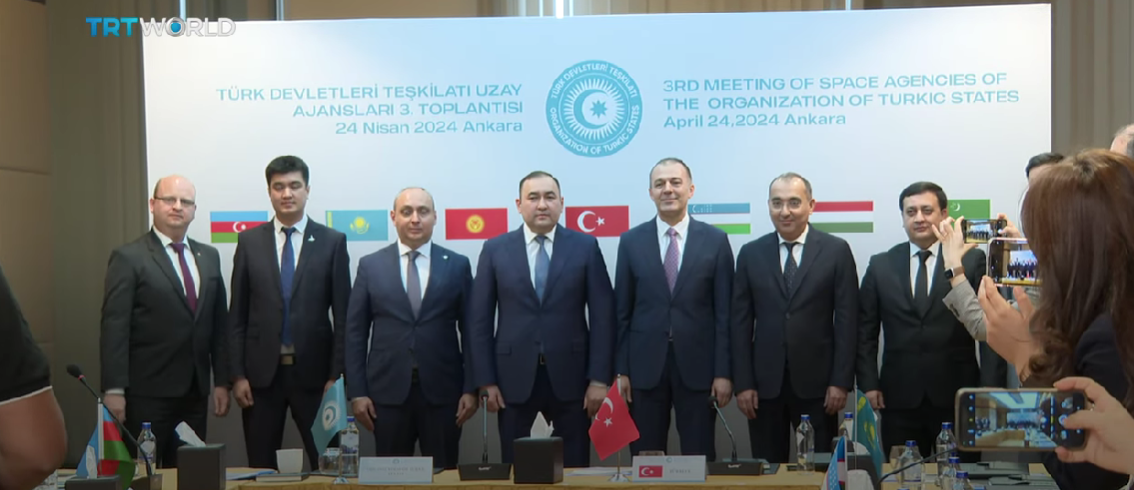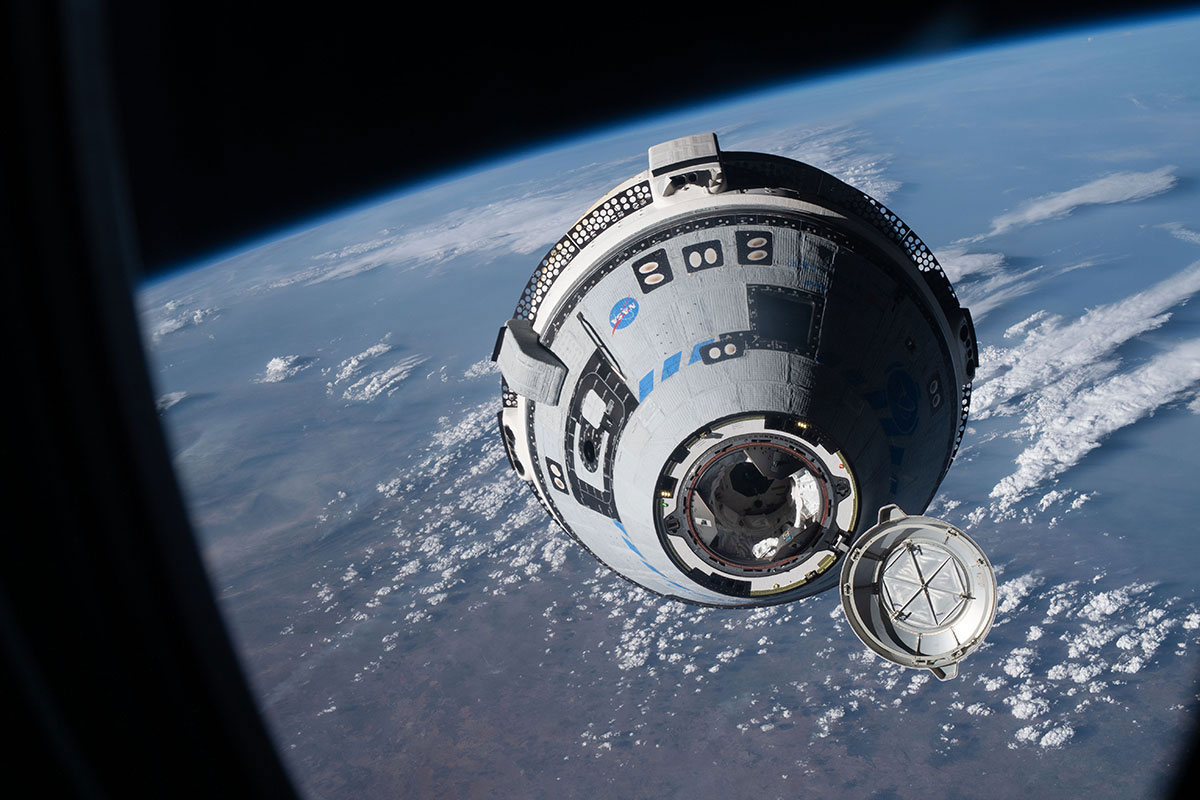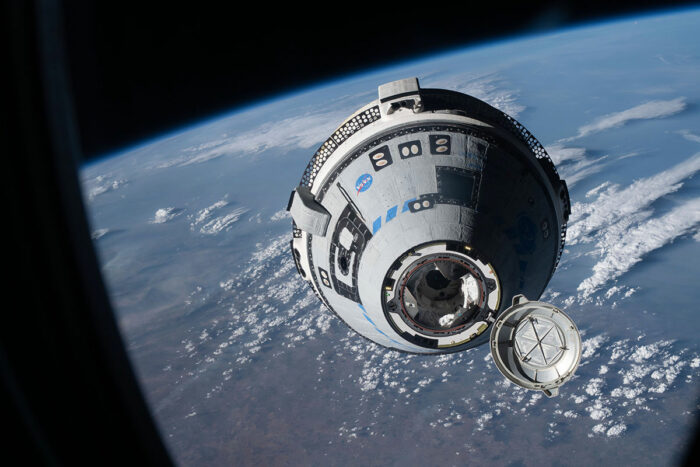Ankara, Turkey’s capital, is playing host this week to a summit convening space agencies from across Central Eurasia. This marks the third such meeting aimed at bolstering regional cooperation on space programs and initiatives. The gathering highlights Turkey’s rapidly accelerating space ambitions as it aims to cement itself as a major player in the global space industry.
Turkey’s forays into space technology have their roots dating back nearly 30 years to 1993, when the Scientific and Technological Research Council of Turkey identified it as a key area for development. However, it wasn’t until 2018 that President Recep Tayyip Erdoğan formally established the Turkish Space Agency to oversee and expand the country’s space program.
Under the agency’s guidance, Turkey has already achieved notable milestones. These include the successful launch of several satellites like the RASAT and Göktürk Earth observation satellites. Perhaps its biggest accomplishment so far was sending its first astronaut, Alper Gezeravci, on a 20-day mission to the International Space Station just last year.
Now Turkey is setting its sights much higher, aiming to become one of only a handful of nations with independent human spaceflight capabilities. At the Ankara summit, officials unveiled plans for an ambitious Turkish lunar program intended to culminate with a crewed Moon landing by 2026 using domestically-developed rocket propulsion systems.
“When we complete that, we will make a breakthrough both for our country and its industry,” said Serdar Hüseyin Yıldırım, President of the Turkish Space Agency. “Hopefully as Turkey and the Turkish space industry, we will get our share of the growing space economy.”
The summit also emphasized Turkey’s desire to collaborate more deeply with neighboring countries on space projects of mutual interest. One key initiative agreed upon was the joint development of a “cubesat” mini satellite involving multiple nations. There were also discussions around sharing scientific data, exploration resources and employing space-based Earth observation to monitor and combat climate change across the region.
Turkish officials highlighted existing youth outreach efforts as well, including a recent space camp hosted in Istanbul that inspired 80 students from surrounding countries to pursue future careers in the space industry.
As Yıldırım stated, Turkey views enhanced space capabilities as a way to bolster its economic prospects and elevate its standing on the global stage. And while a Turkish moonshot may still be years away, this week’s summit in Ankara demonstrated the country’s intent to stake its claim among the spacefaring nations — if not alone, then alongside its regional partners.
Featured image: Credit: TRT World
Share this article:








